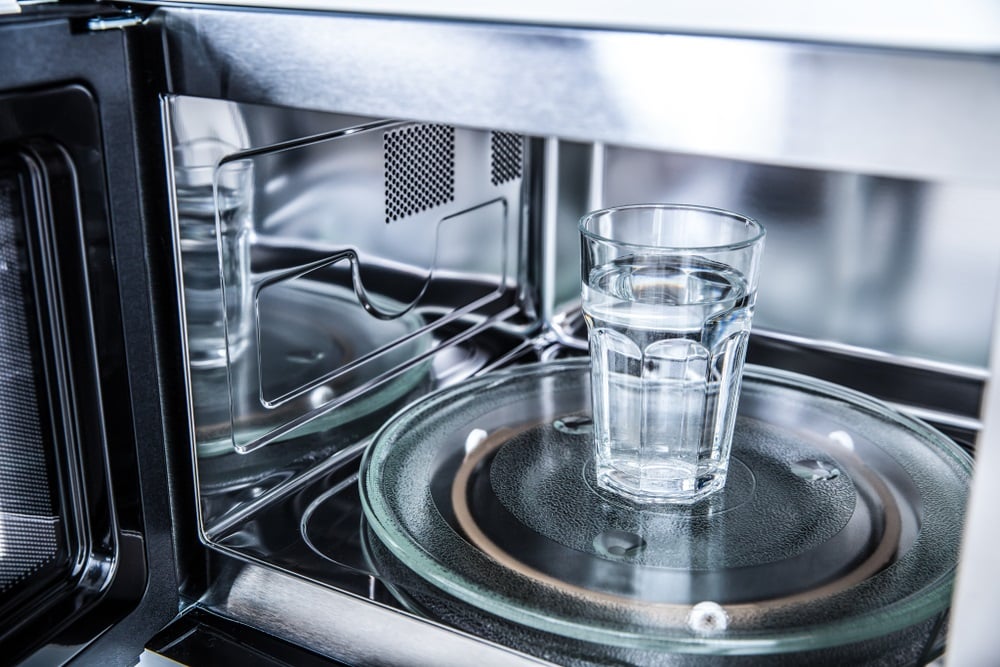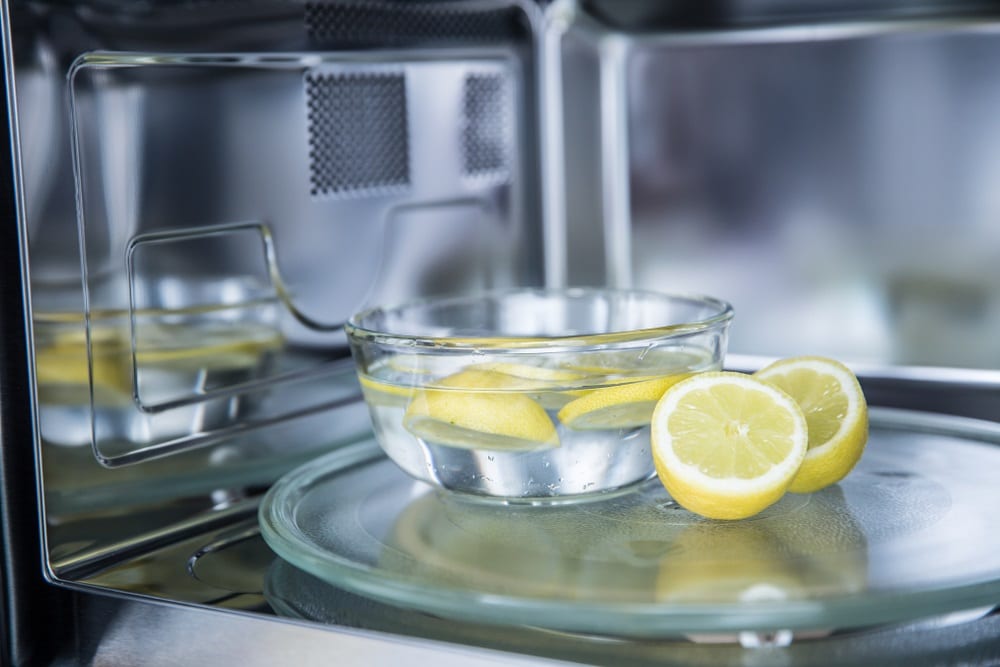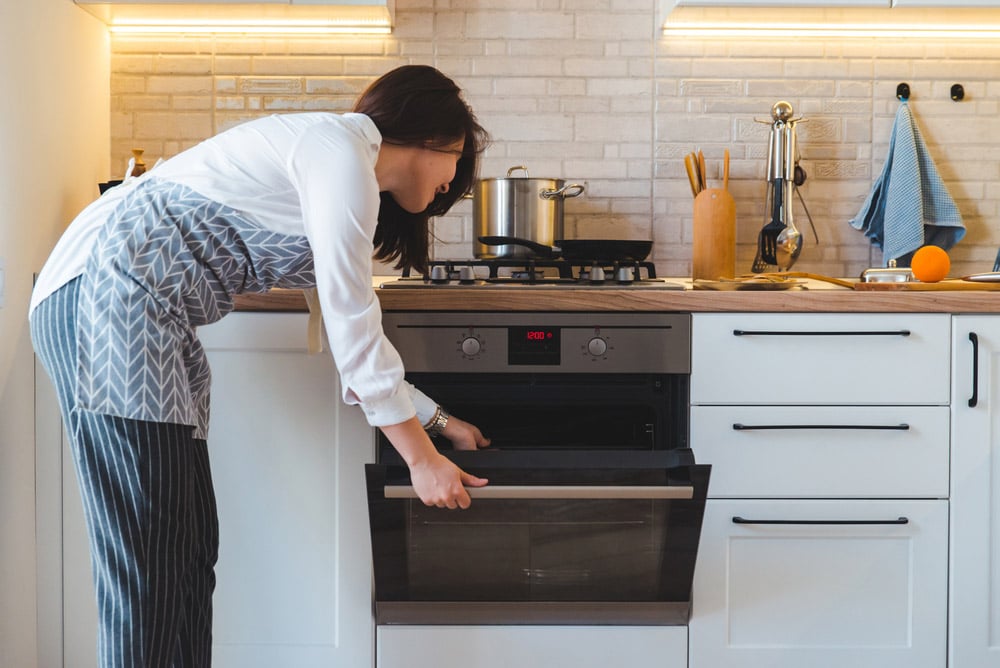
In many parts of the world, it is not safe to drink plain tap water. People resort to filtering it or even filtering and then boiling it. Boiling water for 10 minutes kills most pathogens and makes the water safe to drink.
Also, most of us boil water several times a day to make coffee or tea. However, what happens if your kettle or hob breaks and you cannot boil your drinking water in the usual way? Can you boil water in your oven?
Read on to find the answers you need.
Can You Boil Water in An Oven?
The short answer to this question is yes, an oven can be used to boil water, but there are several factors to consider.
Temperature
The water will only boil in the oven if the temperature of the oven is set at over 100 degrees Celsius .
This makes the warming drawer section of the oven unsuitable as it doesn’t get hot enough. You will need to use the main section of the oven.
Container
You will need to choose a container that can withstand high temperatures and will be sturdy enough to cope with the weight of the water. Try a large casserole, ovenproof pot, or Pyrex ware.
Anything that you normally cook food in the oven with is suitable. However, you will need to ensure that your container of choice has a lid or can be covered with aluminum foil.
This will prevent the water from being lost to evaporation and will help it to retain heat and boil faster.
Be careful not to use a porous container that has been used for cooking food as it will retain food odors and tastes and taint the water.
Recommended Temperature
Set the oven to 400 degrees and put the water container in. There is no need to preheat the oven… allow the water to heat up with the oven to save time and energy.
Once the water begins bubbling, leave it in the oven to boil for twenty minutes. This will ensure that it is properly sterilized.
You may prefer to use the microwave oven to boil your water. This is also possible as long as you are careful and observe some safety precautions.
Usually, when water boils over a flame or in a kettle, you will start to see small bubbles forming as it heats up. As the water temperature rises, these bubbles are released and rise to the top.
As the water boils, the number of bubbles increases and the movement becomes more agitated. This is how we know that the water is boiling.
It is a different story when using a microwave oven to boil water. The water heats up so quickly that the formation of vapor bubbles cannot keep up with the fast increase in water temperature.
Thus, even after the water has reached boiling point and beyond, you will not see bubbles forming.
The superheated water is dangerous because when you remove it from the oven, the movement of the container causes bubbles to form rapidly, race to the surface, and burst, causing a mini explosion of water.
If this superheated water sprays your hands or face, it could cause a nasty accident.
The time it takes to boil water in the microwave of course depends on how much water you have. However, you should always use the highest setting. A liter or so will probably take ten minutes to boil.
Gas Oven
It is also possible to boil water in a gas oven but it is more energy efficient to use the gas hob if you can. Proceed as for an electric oven.
Energy Considerations
Most electric ovens use an average of 3000 watts but it depends on what temperature you set it at and how long you leave it on for.
To put it simply, boiling water in an oven or microwave oven is not the most energy-efficient way of doing it. It is far better to use a hob or kettle.
The Bottom Line
All in all, it is possible to boil water in the oven, but you need to use the right container, the right temperature setting and timing, and be aware of the extra energy you will be paying for.
We would recommend this method as an emergency stop-gap only and not as an everyday way of heating water.

